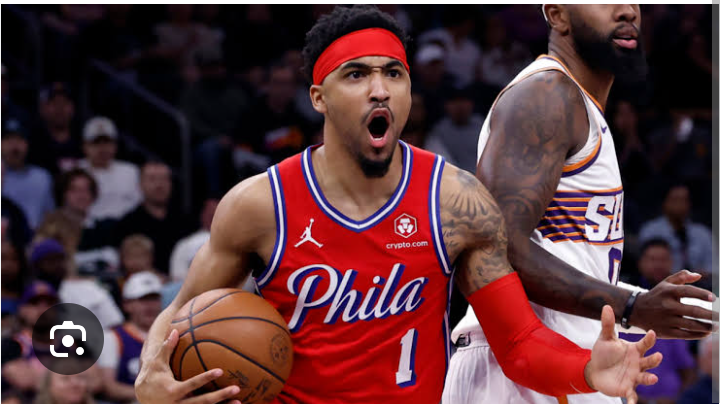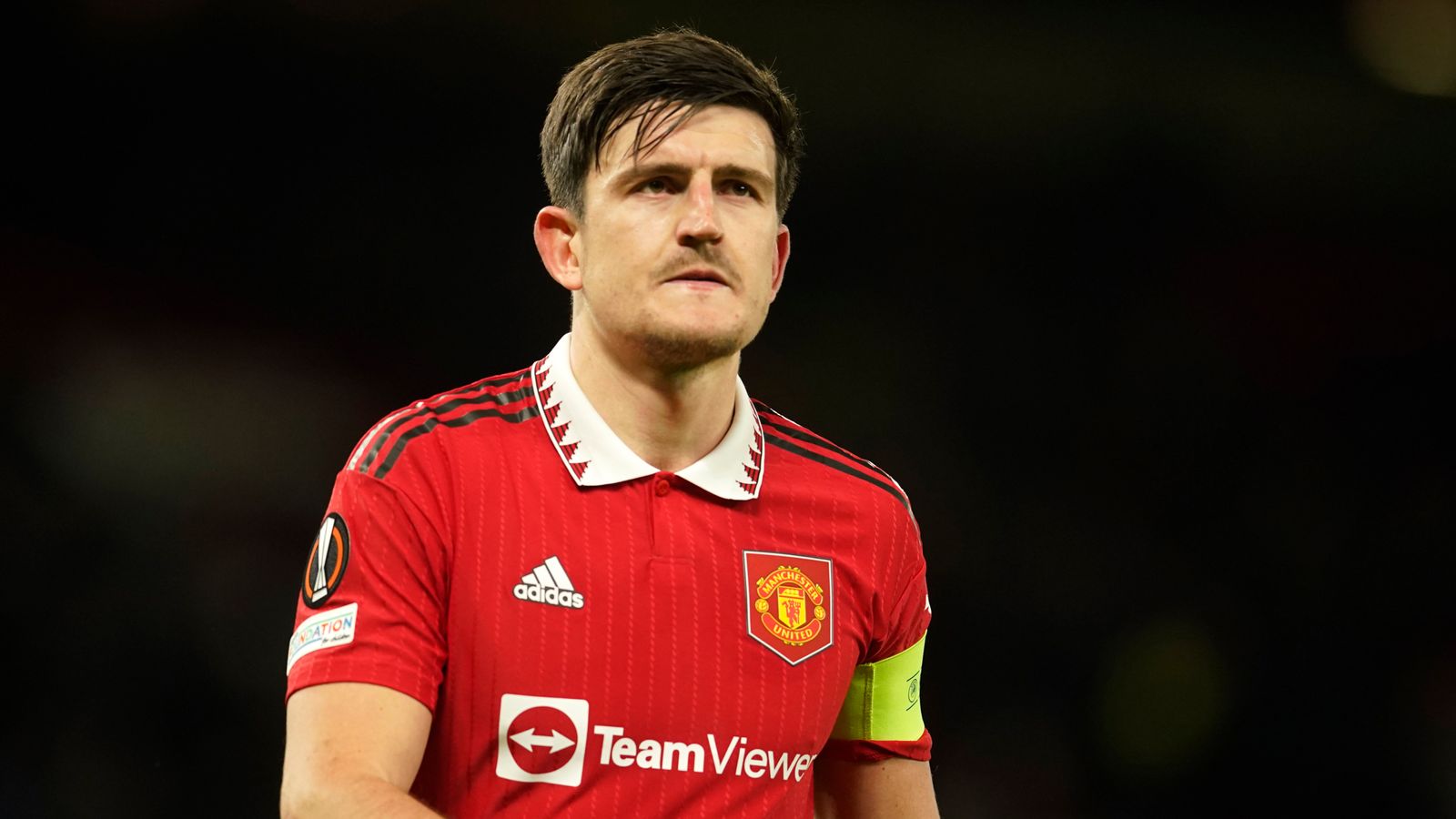“Is Being a ‘System’ QB Really a Bad Thing? Brock Purdy’s MVP Campaign Challenges the Narrative!”
49ers Purdy MVP: Since when is a “system” QB or “playmaker” a bad thing? Brock Purdy’s detractors take two of his best qualities and present them as negatives San Francisco 49ers starting quarterback Brock Purdy (13) throws during the first quarter against the Arizona Cardinals at Levi’s Stadium in Santa Clara, Calif., Sunday, Oct. 1, 2023.

(Nhat V. Meyer/Bay Area News Group) Nhat V. Meyer/Bay Area News Group San Francisco 49ers starting quarterback Brock Purdy (13) throws during the first quarter against the Arizona Cardinals at Levi’s Stadium in Santa Clara, Calif., Sunday, Oct. 1, 2023. (Nhat V. Meyer/ Bay Area News Group) Jerry McDonald, a sports writer for the Bay Area News Group, is photographed for his WordPress profile in Pleasanton, Calif.
Thursday, July 28, 2016. (Doug Duran/Bay Area News Group) By Jerry McDonald | jmcdonald@bayareanewsgroup.com | Bay Area Newsgroup PUBLISHED: December 15, 2023 at 5:40 am | Updated: 12/15/2023 at 6:21 am Loading your audio article SANTA CLARA – Of all the arguments against Brock Purdy being a viable candidate for this year’s MVP award, one is ridiculous because it applies to every other quarterback, and the other is used lightly when it’s actually a compliment.
Argument No. 1: Purdy is a system quarterback. Kind of hard to refute. The 49ers under Kyle Shanahan have devised a system that establishes plays, strategies, and philosophy on how they want their quarterback to play.
The other 31 teams have done the same, whether it’s formulated by their head coach or offensive coordinator.
The next team that sends its quarterback into the huddle without a general guideline and unique language that details the operation will be the first.
This is not the street football of your youth, using bottle caps to simulate putting players on concrete or sending a quarterback to just run and do something.
Purdy is the quarterback in the system, and it’s a damn good system that plays to his strengths as well as his teammates.
That’s exactly how it should work. John Brodie was the 49ers’ first MVP of the Super Bowl era in 1970, when quarterbacks were given far less detail and called their plays, but it was still largely a system implemented by running backs and receivers coach Jim Shofner.
Joe Montana used the so-called West Coast Offense, a catch-all term that Bill Walsh never used. Basically, Walsh’s system utilized short, horizontally timed passes as an extension of the run game as part of the offense he designed under Paul Brown with the Cincinnati Bengals against weak-handed quarterback Virgil Carter. Walsh fine-tuned his offense at Stanford before he was hired by the 49ers.
The MVP award went to Montana in 1989 and 1990 as Walsh and offensive coordinator Mike Holmgren expanded the system, with Steve Young benefiting from Holmgren’s 1992 offensive MVP.
Young won again in 1994 (in addition to the Super Bowl) when offensive coordinator Mike Shanahan built on the legacy of Holmgren, who took his system to Green Bay and applied it to Brett Favre. Favre won MVP wins from 1995-1997.
As far as I know, Montana, Young and Favre weren’t labeled “system quarterbacks” on their way to the Hall of Fame. Argument #2: Purdy is a playmaker. Former MVP Cam Newton was the latest to disparage Purdy and others as “playmakers” on his podcast. Game control is one of Purdy’s best attributes.
He can speed up and slow down the offense based on what Shanahan wants. Whether it’s a quick attack late in the half or a “four-minute” drill to run out the clock in the final minutes, Purdy can play with the best in just his second season.
That’s a good thing. One of the best things. He reminds teammates to stay in bounds or out as needed. He will make sure the games are played on time without you scrambling. Players are ranked early and pre-click penalties are minimal.
This is only one part of the game, but a very important one. Hall of Fame quarterback Kurt Warner describes the Twitter/X “playmaker” as a quarterback who does what many others (in the same) situation would do. In retrospect, there aren’t as many as you might think, with many offenses failing in part because their quarterback didn’t control the play enough.
Denver Broncos quarterback Peyton Manning throws during the second half of the NFL’s AFC Championship Game between the Denver Broncos and the New England Patriots, Sunday, Jan. 24, 2016, in Denver. (AP Photo/Charlie Riedel) Peyton Manning (18) was the all-time leading rusher for the Indianapolis Colts and Denver Broncos. AP photo A good quarterback runs a football game like Buster Posey runs a baseball game and translates the many details and responsibility for his teammates into an art form. One of the great things about Peyton Manning was watching him manipulate the clock and the game, play the game and set everything up before the ball was snapped or thrown. Manning’s “game management” helped deliver a record five MVP awards, and one of the best things about his “ManningCast” on ESPN is listening to him explain how to handle offenses. The most productive quarterback in NFL history is seven-time champion Tom Brady, a three-time MVP winner and an expert at maximizing the talent around him and producing a winner.
Or you may have noticed that the New England Patriots and Bill Belichick aren’t quite the same game day operators they were after Brady retired after 20 seasons in 2020. There are other nonsensical arguments against Purdy, the biggest of which









